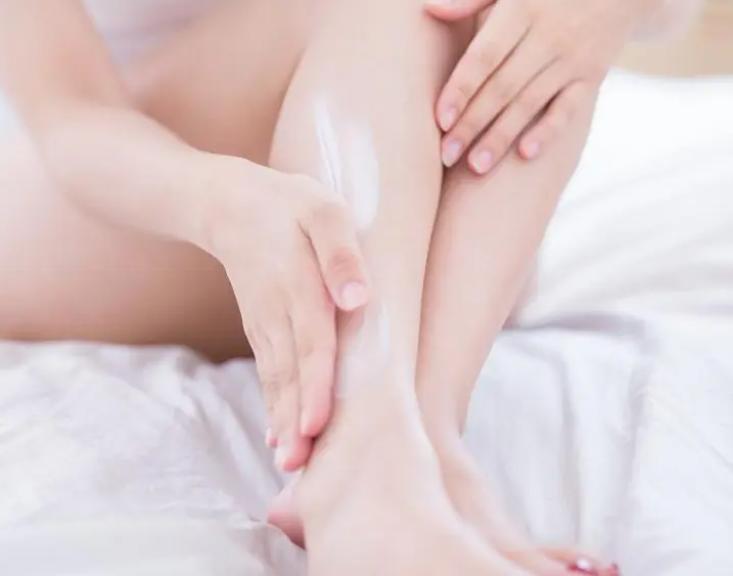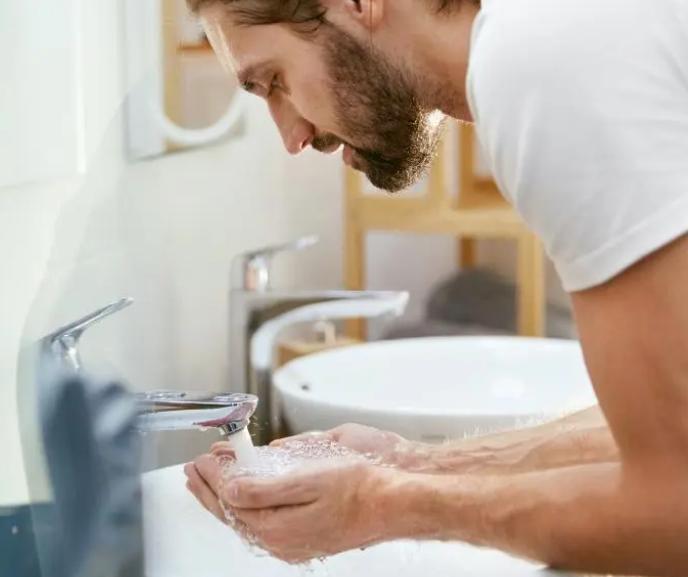Experiencing itching after shaving can be a real nuisance, affecting your comfort and confidence. If you're wondering how to relieve itching after shaving, there are several remedies to help alleviate the irritation. Whether you’re dealing with razor burn, dry skin, or ingrown hairs, this guide will provide you with step-by-step solutions and home remedies for smoother, itch-free skin.

What Causes Itching After Shaving?
Razor Burn and Skin Irritation
Razor burn and skin irritation are common culprits behind post-shave itching. Razor burn can result from using a dull blade, shaving too quickly, or not using enough lubrication. It causes redness, inflammation, and a burning sensation on the skin.
Dry Skin and Dehydration
Dry skin can exacerbate itching after shaving. Shaving can strip natural oils from your skin, making it more susceptible to dryness and flakiness. Dehydrated skin lacks the moisture necessary to maintain its barrier, leading to irritation.
Ingrown Hairs and Infection
Ingrown hairs occur when shaved hair curls back into the skin rather than growing out. This can cause redness, bumps, and itching. In some cases, ingrown hairs can become infected, leading to more severe discomfort.
How to Relieve Itching After Shaving: Step-by-Step Guide
Cleanse the Skin with Cool Water
Immediately after shaving, rinse your skin with cool water. This helps close the pores and reduces inflammation. Avoid hot water as it can further irritate the skin.
Apply a Moisturizing Lotion or Cream
Once your skin is clean, apply a moisturizing lotion or cream. Opt for products with soothing ingredients like chamomile or calendula. These help restore moisture and calm irritated skin.
Use Aloe Vera for Soothing Relief
Aloe vera is known for its soothing properties. Apply a thin layer of aloe vera gel to the affected area. Its anti-inflammatory and healing properties can reduce itching and redness.
Top Home Remedies for Post-Shave Itching
Coconut Oil for Skin Hydration
Coconut oil is excellent for hydrating the skin. Apply a small amount to the shaved area to lock in moisture and prevent dryness. Its antibacterial properties can also help prevent infections.
Tea Tree Oil for Infection Prevention
Tea tree oil has antibacterial and anti-inflammatory properties. Mix a few drops with a carrier oil like coconut or olive oil, and apply it to the skin to prevent infections and reduce irritation.
Witch Hazel for Calming Irritation
Witch hazel is a natural astringent that helps calm irritated skin. Apply witch hazel with a cotton pad to the affected area. Its anti-inflammatory properties can reduce redness and discomfort.
How to Prevent Itching After Shaving in the Future
Exfoliate Before Shaving
Exfoliating before shaving helps remove dead skin cells and prevents ingrown hairs. Use a gentle exfoliant a day before shaving to prepare your skin.
Shave with a Proper Technique
Use slow, short strokes in the direction of hair growth while shaving. Avoid pressing too hard with the razor, and use a clean, sharp blade. This minimizes the risk of cuts and irritation.
Use the Right Razor and Shaving Cream
Choose a razor that suits your skin type and shaving needs. Pair it with a high-quality shaving cream or gel that provides sufficient lubrication. This ensures a smooth shave with minimal irritation.

When Should You Seek Medical Help for Post-Shave Itching?
Persistent or Severe Reactions
If itching persists for more than a week or becomes unbearable, it’s time to consult a healthcare professional. Persistent reactions might indicate an underlying skin condition.
Infections or Ingrown Hairs
If you notice signs of infection like pus, intense redness, or swelling, seek medical help. Similarly, if you struggle with painful ingrown hairs, a dermatologist can provide effective treatments.
Conclusion
Itching after shaving is a common problem, but with the right care, it can be managed effectively. By understanding the causes and implementing proper post-shave care and prevention techniques, you’ll learn how to relieve itching after shaving and enjoy smoother, irritation-free skin.
FAQ
How long does post-shave itching last?
Post-shave itching typically lasts for a few hours to a couple of days. Using soothing remedies can help speed up relief.
Can shaving cause permanent skin damage?
If done improperly, shaving can cause long-term irritation and scarring. However, using the right techniques and tools minimizes this risk.
What should I avoid after shaving to reduce irritation?
Avoid tight clothing, hot showers, and harsh products after shaving. These can exacerbate irritation and prolong recovery.
